5 Menopause-Soothing Foods for Quick Relief

Are you going through menopause? If so, your metabolism might be suffering. Midlife is a time of many changes to our metabolism. Here are some of the foods I recommend for women in menopause, both for weight management and overall wellness.
Menopause Changes Your Body

Menopause is associated with lipid changes, and blood sugar increases routinely. Some menopausal women are surprised when cholesterol levels come back high, saying, "I've never had a high cholesterol in my life before…" or surprised that "I haven't changed anything, but all of a sudden I'm gaining weight. What's wrong?" Nothing is "wrong," but things have changed. The changes brought on by aging and compounded by the estrogen depletion in menopause have long been known to affect our metabolism. In menopause, we routinely see weight increase as well as cholesterol and blood sugar levels go up.
Adjusting Your Diet Is Key
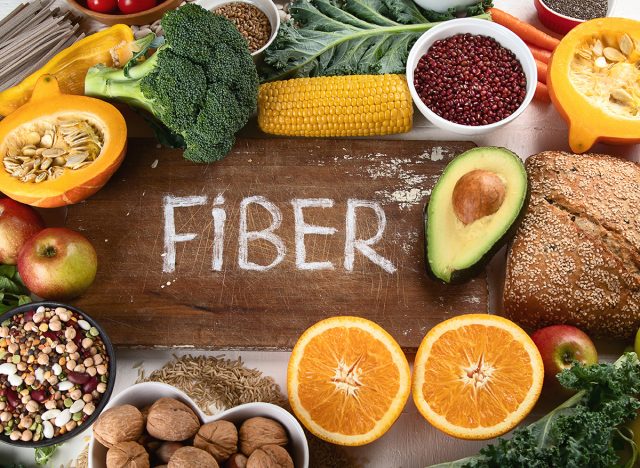
As a result, it's important to pay attention to our health and make choices that can help mitigate the effects of these changes. Adjusting our diet to optimize fiber and protein, minimize saturated fats, and avoid empty carbohydrates can all help.
Food 1: Fruits
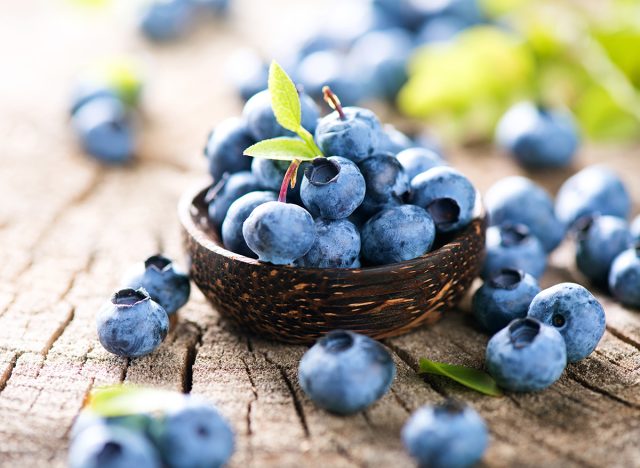
Fruits like oranges, strawberries and blueberries provide vitamin C which boosts immunity and heart health. They are also excellent sources of antioxidants to fight inflammation and cell damage.
Food 2: Phytoestrogens
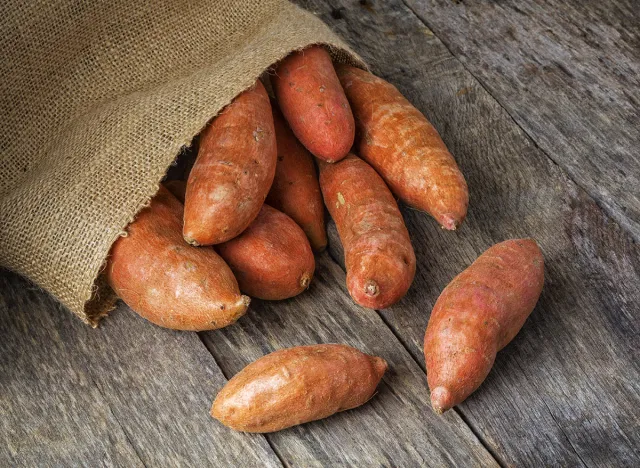
Phytoestrogens, which are plant-based, estrogen-like compounds. These are in more than just soy–for example, they're in garlic, celery, potatoes, wheat, sweet potatoes, flax seeds, and even coffee. Isoflavones can act like weak estrogen, depending on how much is in your diet, your genetics, and the stage of life you are in. When our estrogen levels are high in reproductive years, they can compete with estrogen for the same receptors and "weaken" estrogen effects, whereas, in menopause, they take on estrogen-like properties by binding to the estrogen receptors and can give relief to the symptoms of estrogen depletion. Soy foods like tofu, edamame, and soy milk contain phytoestrogens that mimic estrogen in the body. This can help reduce hot flashes and night sweats. Soy also contains protein and antioxidants, so it is an addition to a healthy diet.
Food 3: Leafy Greens
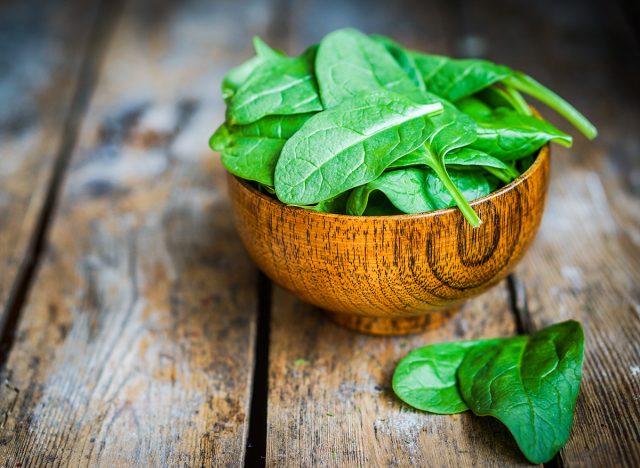
Leafy greens like spinach and kale supply key nutrients like calcium, vitamin K, iron, and magnesium, which can also prevent bone loss and anemia.
RELATED: This Is Exactly How to Lose Body Fat This Year
Food 4: Fibers
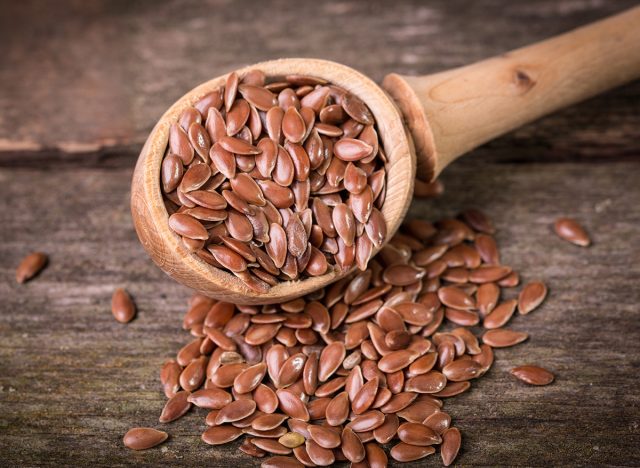
A high-fiber diet makes you feel full longer, helps you absorb food energy more slowly, and is associated with weight loss when done consistently. It's hard to find high-fiber food that isn't nutritious, as well, so increasing fiber will allow you to choose more fruits, vegetables, and whole grains. Getting the 25 to 30 grams of fiber recommended daily can be achieved with a great diet, but you can also augment it with a wide variety of fiber supplements. One easy way to add fiber is to sprinkle chia or flax seeds into smoothies or over oatmeal.
Food 5: Fatty Fish

Fatty fish like salmon and tuna are excellent sources of omega-3 fatty acids. Omega-3s can help manage mood swings and may help boost brain health during menopause.
RELATED: Don't Believe This Major Weight Loss, Warns Sadie Rigby
Other Things That Can Help

Other things help, too, in addition to optimizing nutrition. In addition to optimizing nutrition, hormone supplementation, nonhormone prescriptions, and lifestyle adjustments such as exercise, sleep optimization and stress management all can help manage the changes in menopause."
💪🔥Body Booster: Adding the proper nutrients to your diet can be a game-changer if you are going through menopause.
Kathleen Jordan, MD, NCMP, is a Chief Medical Officer for Midi Health.




